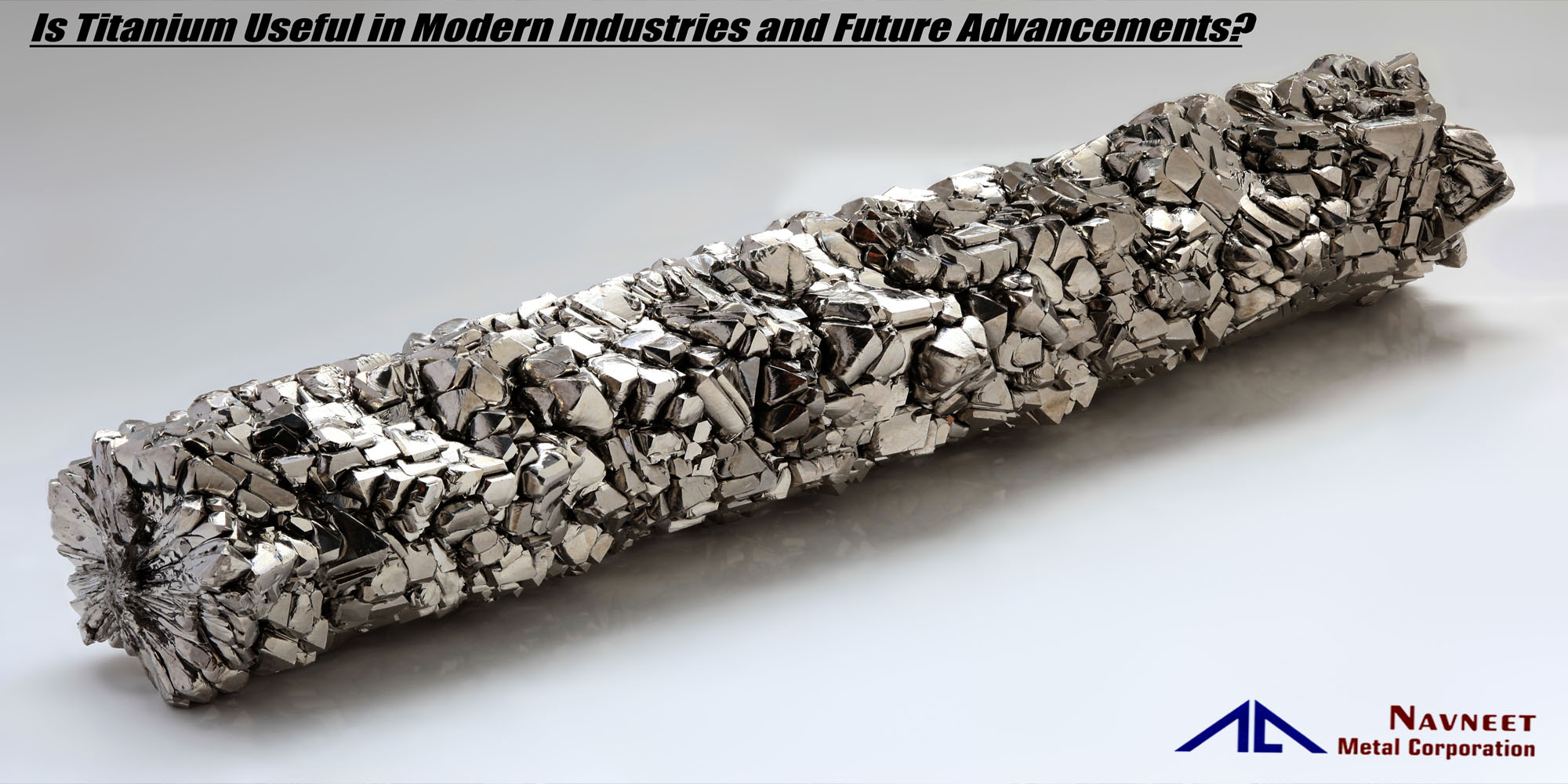Use of titanium is very vital in present times, especially in all those industries related to space, medicine, automotive, and marine. This is because it is of great strength yet lightweight and very resistant to corrosion. Because of its importance in high-performance applications, this material for sure will be in demand in innovating industries. This will indeed be achieved with research into techniques for smarter production and a drive toward sustainable materials. In this blog, a look is made at how well titanium works in many industries and what could be its potential for the future.

What is Titanium according to manufacturing industries?
According to manufacturing industries, Titanium is a weightless, hard and a decay preventing metal, which has changed the future of various industries known for its rare mass efficiency ratio. So aerospace, medical, automotive sectors became dependent on titanium because of its rare qualities used for high performance engineering and applications.
What Makes Titanium So Strong and Durable? : Qualities of Titanium Explained?
Despite of being 45% to 50% lighter than steel, titanium offers similar power or strength for applications where weight is primarily concerned. Titanium has a secure layer of oxide helps from rusting in different surroundings like acid rains or conditions.
Titanium generally used in medical sectors for joint-replacements and by dentists for dental applications, for its Non Toxic and Bio Compatible nature. It has a high melting point above 1700°C which make them helpful for aircraft engines and equipments.
Future of Titanium & Exceptions To Use It
Future of titanium is growing as industries are continuously trying to push for lightweight, stronger, more durable materials. Future of Titanium is to expand its innovations and applications which will advanced its Cost-Effective Production and will also increase use in renewable energy, due to its light and strong properties this makes it easy for transportation. Titanium in medical advancements because of its biocompatible material uses like implants, prosthetics, etc.
Exceptions of using titanium?
Yes, One of the main drawbacks of titanium is its high cost like steel, aluminium and other metals. The processing of titanium uses high energy which rise up the price. Titanium's hardness make it challenging to machine for further processes.
Which Titanium Metal Grade is Used The Most:
"One of the most widely used Titanium products across various industries is Titanium Grade 5 (Ti-6Al-4V), also known as Titanium Alloy Grade 5."
While the most itself used grade is the Titanium Grade 5, several other grades have become well-established commercially pure titanium. This grade of alloy finds wide application in corrosion resistance where the primaries' high strength of the alloy is not needed for the performance, as is often the case in heat exchangers and chemical tanks.
Types of Titanium Products Navneet Metal Corporation have: